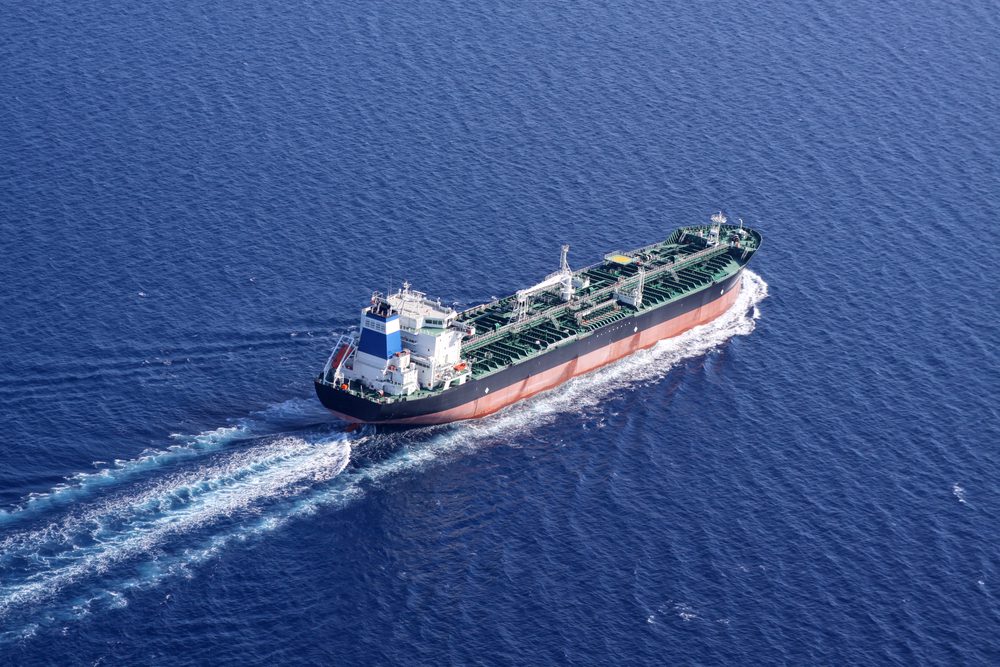Ships Fleeing The Red Sea Now Face Perilous African Weather
By Alex Longley and Paul Burkhardt (Bloomberg) –Ships sailing around the southern tip of Africa are wrestling with a bout of bad weather that has already run one vessel aground and...


Stock Photo: Igor Karasi / Shutterstock
By Ira Breskin
NEW YORK – The Pentagon needs to enlist more domestic carriers to provide guaranteed and essential logistical support for Navy operations, or sealift.
That is the clear message delivered by several speakers at the second annual Maritime Security Conference, hosted here last week by the local chapter of the Navy League.
“Assured access” rests on “assured partnerships” embedded in contractual commitments featured in a host of modest-size subsidy programs open to US- flagged commercial carriers, said Dion Nicely, CEO of Schuyler Navigation Co.
Schuyler Lines, a US-flagged carrier, is enrolled in subsidy programs that speakers said should be expanded.
The increasing need for additional, reliable sealift capacity results from heightened geopolitical risks that the Navy must address, specifically in the Pacific, said Sam Norton, president and CEO of Overseas Shipholding Group.
Some OSG tankers backstop Navy operations.
Moreover, having this critical, often supplemental supply chain capacity, provided by US-flagged commercial ships, underpins the Navy’s strategy designed to deter potential adversaries, Norton said.
Projecting maritime readiness, hence visibility, is almost as important as employing the essential sealift capacity itself, he added.
The Navy “can’t rely on (chartering in) the world (foreign-flagged) fleet in time of adversity,” said Kevin O’Hara, managing director, AMA Capital Partner. It provides financing and advisory services for both US and foreign-flagged carriers.
Sealift supporters were heartened by the Maritime Administration last year inaugurating the Tanker Security Program. TSP enlisted nine US-flagged tankers available to deliver vital fuel to Navy ships during their extended operations.
OSG ‘s Norton disagreed with opponents’ argument that it is self-serving for participating carriers to emphasize the critical importance of expanding US supplemental sealift programs. He said that this “pure market-driven argument is a fool’s errand.”
“The commitment to the US fleet is unwavering. Our ships will be there,” Norton said.
Ira Breskin is a senior lecturer at State University of New York Maritime College in the Bronx, NY and author of The Business of Shipping (9th edition, 2018), a primer that explains shipping economics, operations and regulations.
Join the gCaptain Club for curated content, insider opinions, and vibrant community discussions.


Join the 107,177 members that receive our newsletter.
Have a news tip? Let us know.
Access exclusive insights, engage in vibrant discussions, and gain perspectives from our CEO.
Sign Up




Maritime and offshore news trusted by our 107,177 members delivered daily straight to your inbox.



Essential news coupled with the finest maritime content sourced from across the globe.
Sign Up